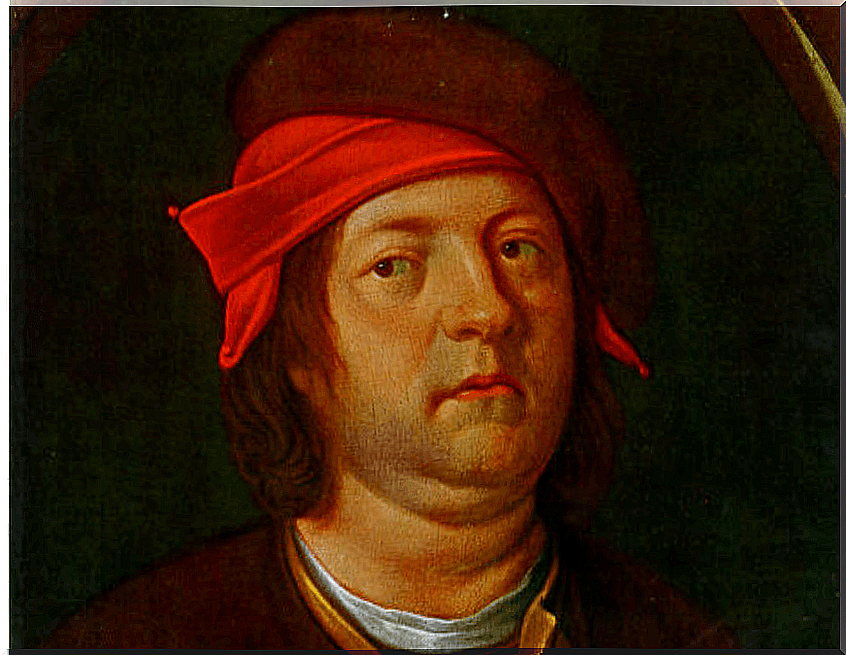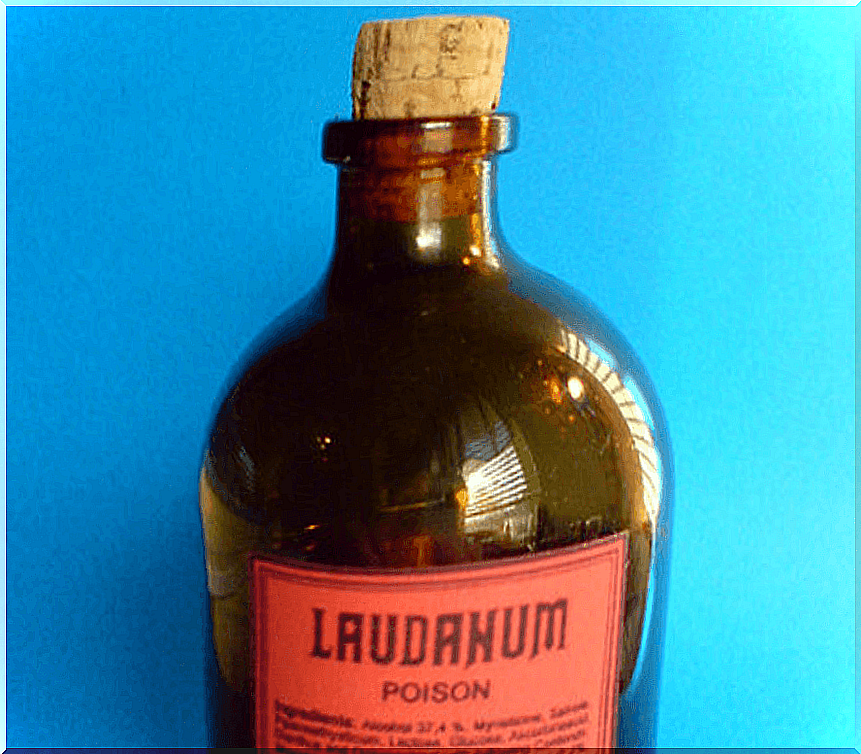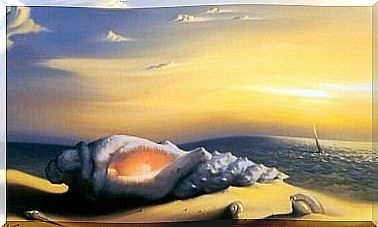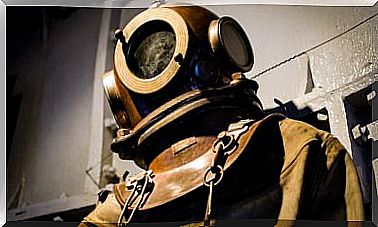Paracelsus, Biography Of An Alchemist And Dreamer

We know him as Paracelsus, but his real name was Theophrastus Phillippus Aureolus Bombastus von Hohenheim. He was one of the most interesting figures in the entire history of medicine and science in general. Considered by some to be a bit crazy, visionary, and undoubtedly highly imaginative.
If Paracelsus had one thing, it was intellectual ambition . He was a fierce seeker for the Philosopher’s Stone, an unknown substance that supposedly made possible the transmutation of lead into gold. He also wanted to find the elixir of eternal youth and worked hard for it.
In the midst of his fantastic adventures, Paracelsus became an extraordinary investigator. He is considered the father of toxicology and pharmacology. It was a kind of hybrid between magician and scientist. Just as he was ahead of his time, he also passionately upheld his mythical and mystical beliefs.

The beginnings of a genius
Paracelsus was born in 1493, in an area near what is now Zurich (Switzerland). Several members of his family were doctors, including his father, and this had a notable effect in awakening his interest in this discipline.
During his youth he worked as an analyst in the mines. This provided him with important knowledge of minerals, which would be decisive in his work. At age 16, he went to the University of Basel and later obtained a doctorate at the University of Ferrara.
Despite being linked to academic life, Paracelsus was convinced that medicine could not be taught in an institution. He was also very critical, from the beginning, with the official medicine of his time. He questioned Hippocrates , Avicenna and Galen. This caused him to be viewed with apprehension by his colleagues.
Paracelsus, an experimenter
Very early, Paracelsus chose to experiment on his own and have a direct relationship with the sick. This led to a bad reputation among doctors. His physical appearance was also criticized. He was rejected because he was short, bald, and obese. Perhaps that is why this genius always preferred the company of the underdog.
His experimentations and the innovative methods that he began to apply with success generated myths and legends around him. It was said that he had a pact with the devil. He was popularly known as “the cursed doctor.” He was accused of magic and witchcraft, when in reality he was a man deeply believing in God.
This tension with his colleagues and other authorities led him to become a wandering man. He would arrive at a place and it was not long before he already had conflicts. So I was leaving again. At the same time, with his strange fame, the news about his effectiveness as a doctor also flew.
Alchemy and chemistry
Paracelsus used minerals and chemicals to treat diseases, when this was not customary. This allowed him to treat patients who were incurable for his time. There are testimonies that he successfully treated cases of epilepsy, leprosy and gout. He was the first doctor to describe syphilis and propose a mercury treatment for it.
This great researcher was also the inventor of laudanum. This was one of the first known chemical painkillers. He also studied poisons in great detail and formulated a maxim that remains to this day: ” the dose makes the poison .”
Unlike his contemporaries, Paracelsus was a physician very close to his patients. He also believed that his knowledge should be in the public domain. Therefore, he gave speeches for the community, explaining his science in simple language.

A new approach to medicine
Paracelsus affirmed that medicine had four great axes. These were: natural sciences, astronomy, chemistry, and love. He believed that plants and minerals did not heal by themselves, but needed kindness and God-given inspiration to be truly effective.
Unlike the doctors of his time, he was convinced of the goodness of surgeries. Back then that trade was performed by barbers and only in very specific circumstances. Many doctors, centuries later, were inspired by his methods.
Not all were his enemies. Among his admirers he also had none other than Erasmus of Rotterdam, of whom he was a personal physician and friend. A German prince also gave him his protection. He died at the young age of 47, murdered by thugs who wanted to steal him. They wasted their time: he had already donated all his goods to the poor.









